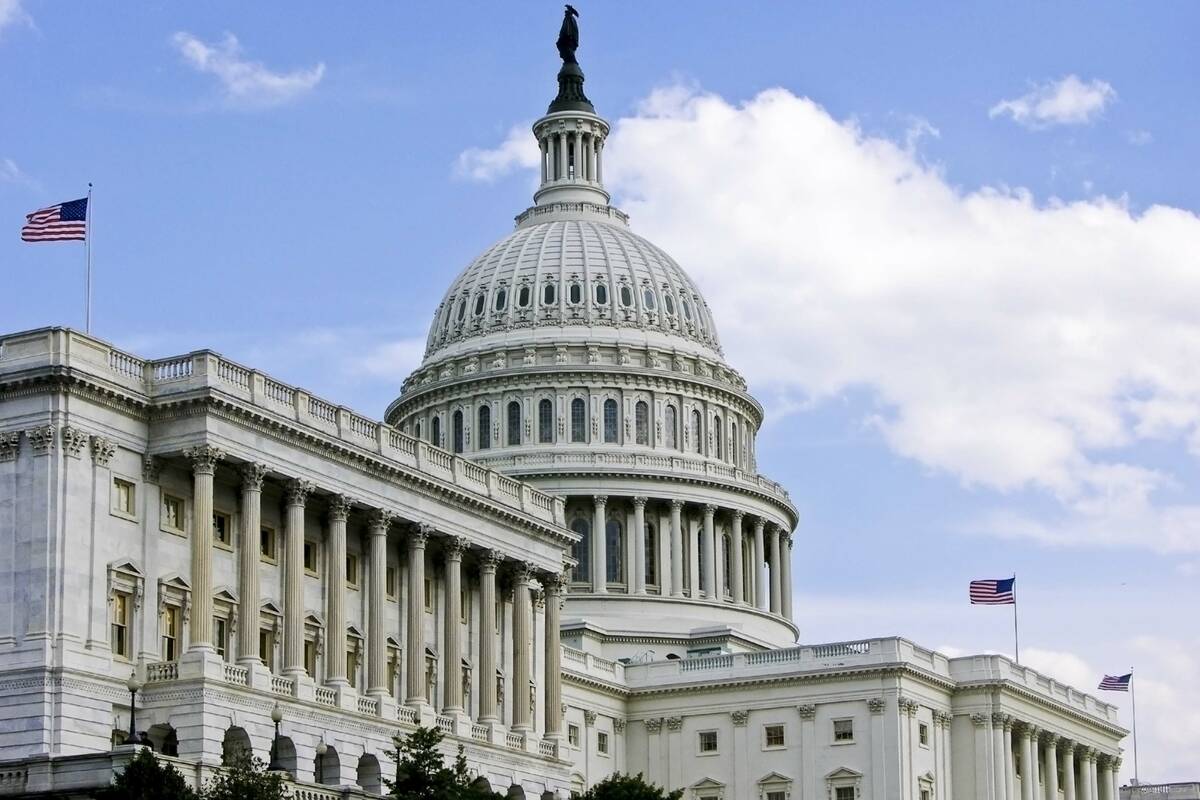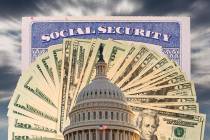EDITORIAL: The only palatable budget path ‘is to clean house’
Governments at all levels love “blue-ribbon commissions.” Politicians empanel these bodies to make it look like they’re doing something of great importance for the general public. The appointed commissioners spend months meeting and laboring over some difficult problem. After much debate and many public hearings, they release a report with great fanfare detailing suggestions for solving the weighty matter at hand.
And then the politicians dump the report in the circular file.
Is there any reason to think a national debt commission proposed by the House Problem Solvers Caucus would be any different? Maybe … if lawmakers were forced to vote on binding budget recommendations. Perhaps we’ve finally reached a point — $32 trillion in the red and counting — at which voters are prepared to support candidates who take the looming crisis seriously.
“The path forward is not political brinkmanship, but to remove politics and punt the solution to a nonpartisan committee, subject only to an up-or-down vote by Congress,” Philip K. Howard, author of the “Death of Common Sense,” wrote last month for The Hill. “Just as independent ‘base-closing commissions’ decide the politically-difficult choices of which military bases to close, so too an external ‘Fiscal Commission’ could present broader proposals that will have benefits as well as costs for most stakeholders.”
Mr. Howard admits that such a commission might “die on the vine” if it tried to reform entitlements or impose tax hikes. But he believes it might be able to save up to $400 billion annually by mandating “overhauls that carve out massive waste in legacy bureaucracies.” This could be accomplished, he argues, by, among other things, eliminating duplicate programs, chopping down permitting barriers for infrastructure projects and reforming procurement regulations.
The politics of such a commission represent a minefield. But assigning the task to an outside panel could mitigate that problem. Nevada’s Economic Forum — an independent body that makes binding budget projections on lawmakers and the governor — is a case in point.
“The only palatable path out of the budget crisis is to clean house,” Mr. Howard argues, “and the only way to do this is to give outside experts the job of proposing new frameworks. Congress can then vote it up or down, without being overwhelmed by countless interest group demands.”
It’s worth a try. A recent Associated Press poll found that 60 percent of those surveyed felt the federal government spends too much money. If Beltway insiders insist on continuing down this destructive path and blocking budget reforms, it will be up to those voters to make their voices heard.






















